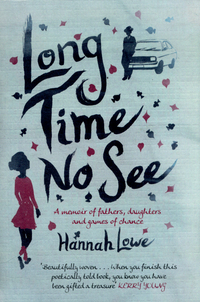Description
Pulitzer-winner Sebastian Smee relives the remarkable birth of Impressionism from the ashes of war
‘Enjoyable… a fine portrait not only of impressionism but the society that made it possible’Â THE SUNDAY TIMES
Paris, January 1871 – the final, agonising days of the Franco-Prussian War. As the German army cements its advantage, shells rattle through the Left Bank. It is a bitterly cold winter; there is no fuel, no medicine, no food. The city’s poorer citizens have long turned to eating rats, cats and dogs. France has been brought to its knees.
Ãdouard Manet, Berthe Morisot, and Edgar Degas are trapped in the besieged city. Renoir and Bazille have joined regiments outside of Paris, while Monet and Pissarro fled the country just in time. Out of the Siege and the Commune, these artists developed a newfound sense of the fragility of life. A feeling for transience – reflected in Impressionism’s emphasis on fugitive light, shifting seasons, glimpsed street scenes, and the impermanence of all things – would change art history forever.
This is the extraordinary account of the ‘Terrible Year’ in Paris and its monumental impact on the rise of Impressionism.
***
‘Vigorous and enjoyable’Â DAILY TELEGRAPH
‘Smee has a gimlet eye, a seductive style and a novelist’s feel for character and incident’Â NEW YORK TIMES
‘Detailed, lively and at times richly novelistic’Â LITERARY REVIEW




